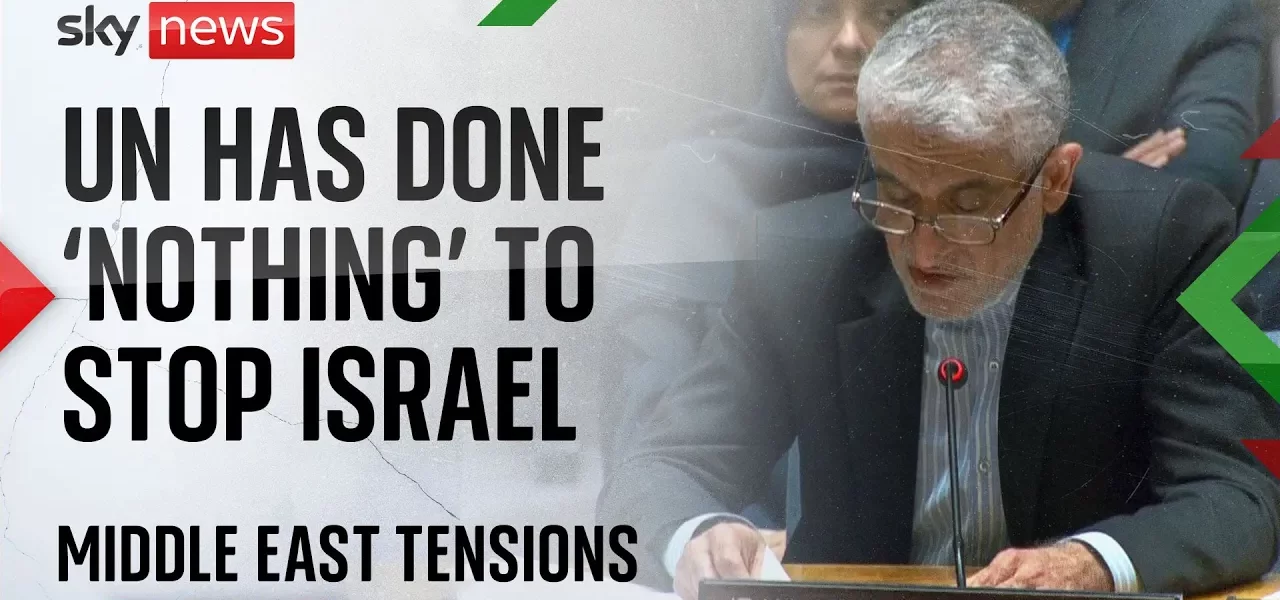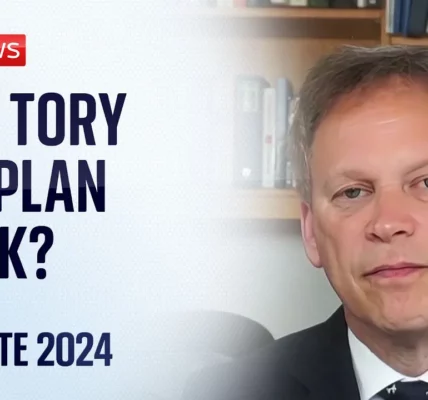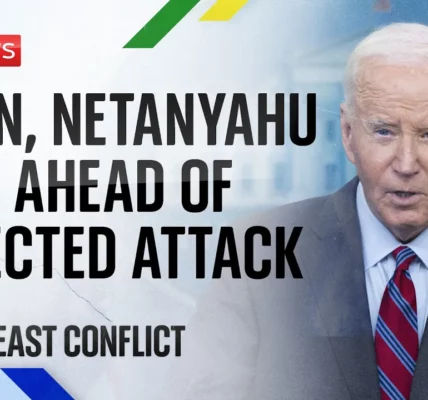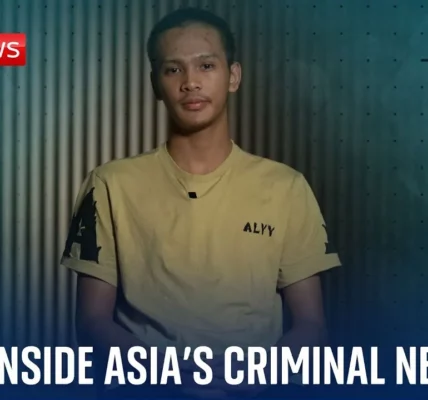The Escalating Crisis: Israel, Iran, and the Threat to International Peace

This article delves into the ongoing conflict between Israel and Iran, examining the implications for regional stability, the role of the UN Security Council, and the urgent need for a ceasefire in Gaza. We analyze the recent military actions, international responses, and the legal frameworks surrounding these events.
Introduction
The geopolitical landscape of the Middle East has been marred by an unprecedented crisis, characterized by escalating military actions and a dire humanitarian situation. The Israeli regime’s aggressive posture towards Gaza and Lebanon has raised alarms globally, while the United Nations Security Council remains largely paralyzed in its ability to mediate effectively. This article explores the various dimensions of this crisis, including the role of international actors, the legal implications of military actions, and the urgent need for a diplomatic resolution to prevent further catastrophe.
Historical Context of the Conflict
Understanding the current tensions requires a brief overview of the historical context that has shaped Israeli-Iranian relations and the broader Middle Eastern conflict.
- The establishment of Israel (1948): Following World War II, the establishment of Israel led to longstanding disputes over territory and sovereignty.
- The Iranian Revolution (1979): The shift in Iranian governance from a pro-Western monarchy to an Islamic Republic sparked animosity towards Israel.
- Regional Alliances: The formation of alliances, such as Iran’s support for Hezbollah in Lebanon, has further complicated the geopolitical landscape.
Current Military Escalations
Recent military actions in the region have escalated tensions significantly, with both Israel and Iran engaging in provocative acts that threaten regional stability.
Israeli Actions Against Gaza
Israel’s military operations in Gaza have intensified, leading to widespread destruction and loss of civilian life. Key points include:
- Repeated airstrikes targeting civilian infrastructure.
- Blockades that impede humanitarian aid.
- Allegations of war crimes by international observers.
Iran’s Response
In response to Israeli aggression, Iran has asserted its right to self-defense under international law. Notable actions include:
- Missile strikes targeting Israeli military positions.
- Public declarations of support for Palestinian resistance efforts.
- Diplomatic communications emphasizing the principle of sovereignty.
The Role of the UN Security Council
The UN Security Council has been criticized for its inaction amid escalating violence. The United States, in particular, has been accused of obstructing meaningful resolutions.
Challenges Faced by the Council
Several factors impede the Council’s ability to act effectively:
- Veto Power: The use of veto by permanent members, especially the U.S., has blocked resolutions aimed at addressing Israeli actions.
- Lack of Consensus: Divergent national interests among member states often lead to paralysis.
- Delayed Responses: Calls for immediate action are frequently met with silence or calls for restraint.
Legal Implications of Military Actions
The ongoing military actions raise significant legal questions regarding sovereignty, self-defense, and international law. According to Article 51 of the UN Charter, states have the right to defend themselves against armed attacks, but the application of this principle is contentious.
Israeli Violations of International Law
Multiple allegations have emerged regarding Israel’s conduct:
- Attacks on diplomatic missions, such as Iran’s mission in Syria.
- Targeting of political figures in violation of international norms.
- Use of disproportionate military force against civilian populations.
Iran’s Justification for Its Actions
Iran claims its military responses are lawful and justified under international law, citing:
- The right to self-defense following acts of aggression.
- Historical precedents for retaliatory actions in defense of sovereignty.
- The need to protect its citizens and political leaders from assassination attempts.
Conclusion
The current crisis between Israel and Iran poses a significant threat to international peace and security. As military actions escalate and humanitarian conditions worsen, it is imperative for global leaders to prioritize diplomacy and seek a ceasefire. The UN Security Council must overcome its paralysis and take decisive action to prevent further loss of life and ensure adherence to international law. We urge readers to stay informed and advocate for peaceful resolutions to ongoing conflicts in the Middle East.
For further insights, explore our related articles on Middle East geopolitics and international law in conflict situations.
“`




